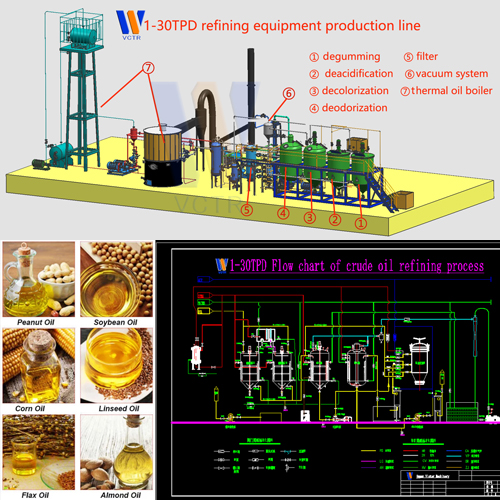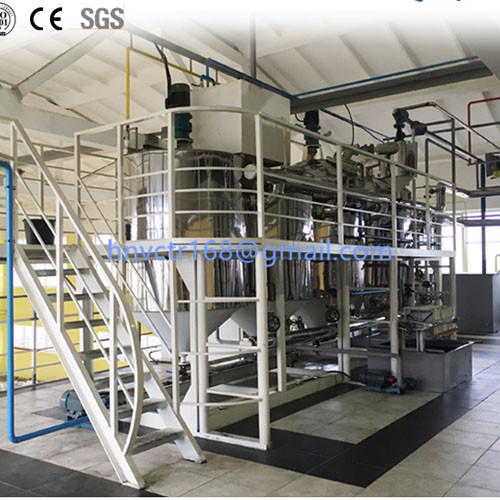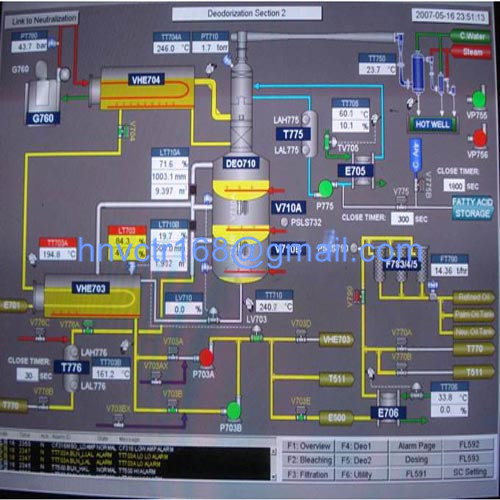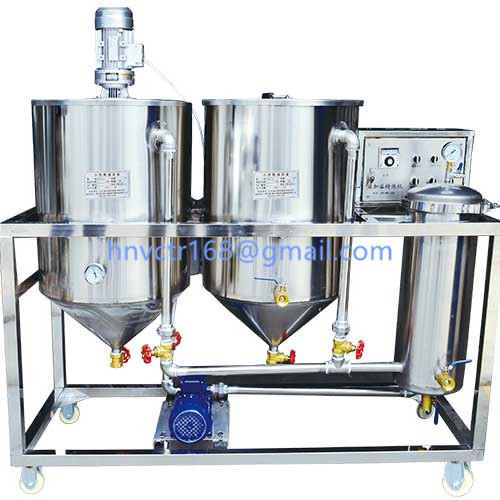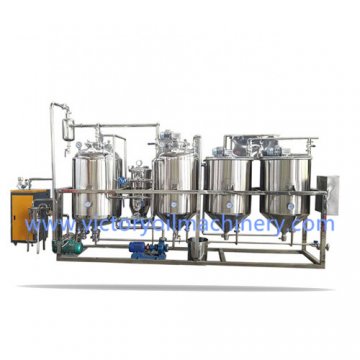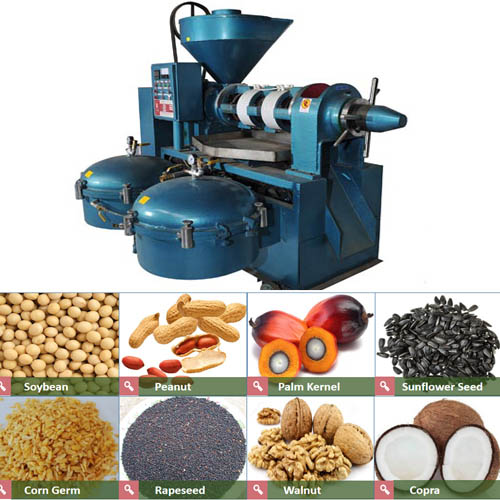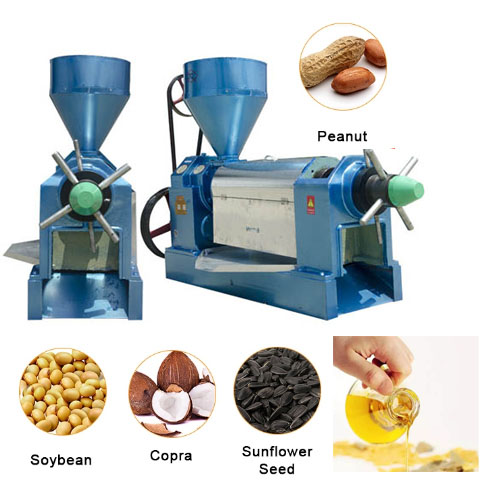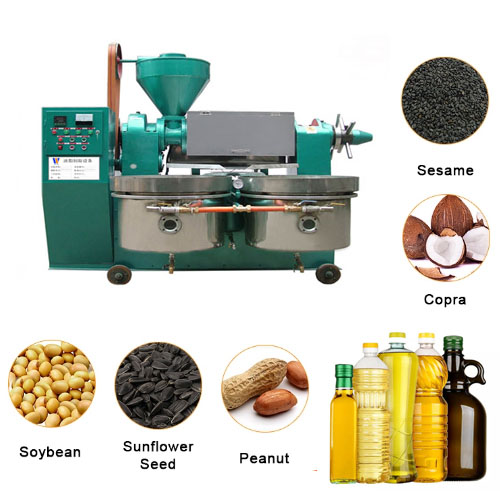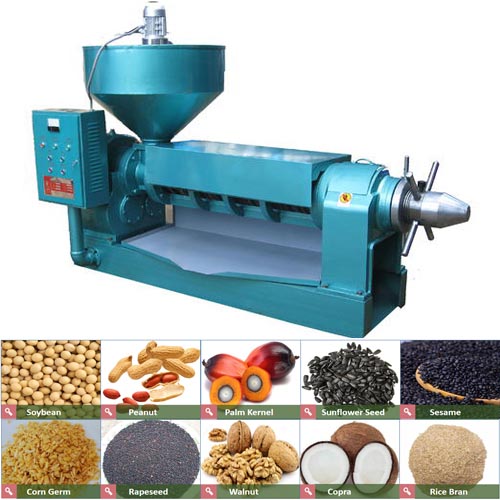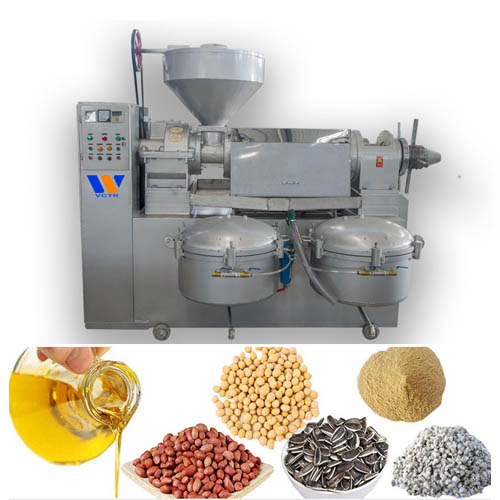Reasons for plasticizer exceeding standard
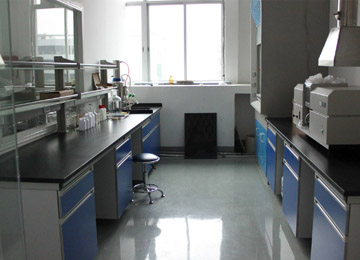
Phthalate esters (PAEs) are the main body of plasticizers, which can cause lesions in multiple tissue systems such as liver, kidney, lung, heart, and reproduction.
1. Investigation of pollution
1) Pollution in the planting process
Samples of 22 batches of camellia seed raw fruits from 22 planting bases were taken to detect the content of phthalates (16 species). It was found that there was phthalate pollution in the planting link of camellia seed oil (tea seed raw fruit), but the phthalate content was extremely low, which was not the main source of phthalate pollution risk in camellia seed oil .
2) Pollution in the pressing process
All-stainless steel production equipment is used to remove impurities, cleaning, drying, shelling, and squeezing the crude oil of camellia seeds (no phthalates are detected) to obtain pressed crude oil. No phthalates were detected in the crude oil from the oil filter of the press, while samples from the crude oil storage tanks that were transported by PVC and used sealing gaskets were found to have different levels of phthalates.
3) Pollution in the refining process
In the case where no phthalates are detected in virgin crude oil, samples of phthalates in the refined camellia seed oil produced by different refining processes are tested.Crude oil is produced through the process of precipitation, filtration, degreasing, filtration, and filling. It is transported by stainless steel hoses. The storage tank uses PTFE gaskets and silica gel gaskets. The samples using plate and frame filters are filtered to detect low levels of DIBP, DBP, DEHP; crude oil is produced through the process of precipitation, filtration, decolorization, and filling, using plastic pipelines, storage tanks with rubber gaskets, and plate and frame filters for filtration, and higher levels of DBP and DEHP are detected in the oil sample;
It is produced by the process of precipitation, filtration, deacidification, water washing, decolorization, deodorization, degreasing, filtration, and filling of crude oil. Stainless steel pipes are used, asbestos gaskets are used in storage tanks, and plate and frame filters are used for filtration.No phthalates were detected in the oil samples or the detected levels of phthalates were very low.
2. Analysis of pollution sources
1) Refining processing aids are pollution-free
The processing aids such as alkali, citric acid, activated carbon, bleaching earth, and salt used in the refining process were sampled and tested, and no phthalates were detected.
2) Plastic products in processing are pollution sources
Sampling and testing of PVC plastic pipes used in crude oil transportation, plates and frames used in stainless steel plate and frame filters, filter cloths, asbestos and metal sealing gaskets used in crude oil tanks showed that PVC plastic pipes, gaskets, filter cloths All contain phthalates to varying degrees. Among them, the total amount of phthalates in crude oil storage tank flange sealing rubber gaskets is as high as 76799 mg/kg, the total amount of phthalates in PVC plastic pipes is as high as 11530~76001 mg/kg, and the total amount of phthalates in nylon filter cloth is as high as 76799 mg/kg. The total amount of phthalates is as high as 318.2 mg/kg. These plastic products may be the biggest source of phthalates in camellia seed oil.
3) Packaging materials are possible sources of pollution
The test results showed that none of the PET plastic bottles contained phthalates, and none of the internal coatings of tinplate cans contained phthalates;Two batches of PE plastic bottles contain phthalates (the total content of phthalates is 7-8mg/kg); 4 batches of plastic bottle caps contain phthalates (phthalates) The total content of diformate is 1-9mg/kg).
3. Measures to reduce pollution risk
According to the analysis of pollution sources, avoiding the use of phthalate-containing plastic products in the production process can effectively prevent phthalate pollution; packaging materials can choose phthalate-free plastic bottles.
The analysis of each refining process of camellia seed oil shows that deodorization can greatly reduce or even completely eliminate phthalates. Therefore, the oil contaminated by phthalates can be removed by a deodorization process, thereby effectively eliminating the pollution of phthalates.
1. Investigation of pollution
1) Pollution in the planting process
Samples of 22 batches of camellia seed raw fruits from 22 planting bases were taken to detect the content of phthalates (16 species). It was found that there was phthalate pollution in the planting link of camellia seed oil (tea seed raw fruit), but the phthalate content was extremely low, which was not the main source of phthalate pollution risk in camellia seed oil .
2) Pollution in the pressing process
All-stainless steel production equipment is used to remove impurities, cleaning, drying, shelling, and squeezing the crude oil of camellia seeds (no phthalates are detected) to obtain pressed crude oil. No phthalates were detected in the crude oil from the oil filter of the press, while samples from the crude oil storage tanks that were transported by PVC and used sealing gaskets were found to have different levels of phthalates.
3) Pollution in the refining process
In the case where no phthalates are detected in virgin crude oil, samples of phthalates in the refined camellia seed oil produced by different refining processes are tested.Crude oil is produced through the process of precipitation, filtration, degreasing, filtration, and filling. It is transported by stainless steel hoses. The storage tank uses PTFE gaskets and silica gel gaskets. The samples using plate and frame filters are filtered to detect low levels of DIBP, DBP, DEHP; crude oil is produced through the process of precipitation, filtration, decolorization, and filling, using plastic pipelines, storage tanks with rubber gaskets, and plate and frame filters for filtration, and higher levels of DBP and DEHP are detected in the oil sample;
It is produced by the process of precipitation, filtration, deacidification, water washing, decolorization, deodorization, degreasing, filtration, and filling of crude oil. Stainless steel pipes are used, asbestos gaskets are used in storage tanks, and plate and frame filters are used for filtration.No phthalates were detected in the oil samples or the detected levels of phthalates were very low.
2. Analysis of pollution sources
1) Refining processing aids are pollution-free
The processing aids such as alkali, citric acid, activated carbon, bleaching earth, and salt used in the refining process were sampled and tested, and no phthalates were detected.
2) Plastic products in processing are pollution sources
Sampling and testing of PVC plastic pipes used in crude oil transportation, plates and frames used in stainless steel plate and frame filters, filter cloths, asbestos and metal sealing gaskets used in crude oil tanks showed that PVC plastic pipes, gaskets, filter cloths All contain phthalates to varying degrees. Among them, the total amount of phthalates in crude oil storage tank flange sealing rubber gaskets is as high as 76799 mg/kg, the total amount of phthalates in PVC plastic pipes is as high as 11530~76001 mg/kg, and the total amount of phthalates in nylon filter cloth is as high as 76799 mg/kg. The total amount of phthalates is as high as 318.2 mg/kg. These plastic products may be the biggest source of phthalates in camellia seed oil.
3) Packaging materials are possible sources of pollution
The test results showed that none of the PET plastic bottles contained phthalates, and none of the internal coatings of tinplate cans contained phthalates;Two batches of PE plastic bottles contain phthalates (the total content of phthalates is 7-8mg/kg); 4 batches of plastic bottle caps contain phthalates (phthalates) The total content of diformate is 1-9mg/kg).
3. Measures to reduce pollution risk
According to the analysis of pollution sources, avoiding the use of phthalate-containing plastic products in the production process can effectively prevent phthalate pollution; packaging materials can choose phthalate-free plastic bottles.
The analysis of each refining process of camellia seed oil shows that deodorization can greatly reduce or even completely eliminate phthalates. Therefore, the oil contaminated by phthalates can be removed by a deodorization process, thereby effectively eliminating the pollution of phthalates.

